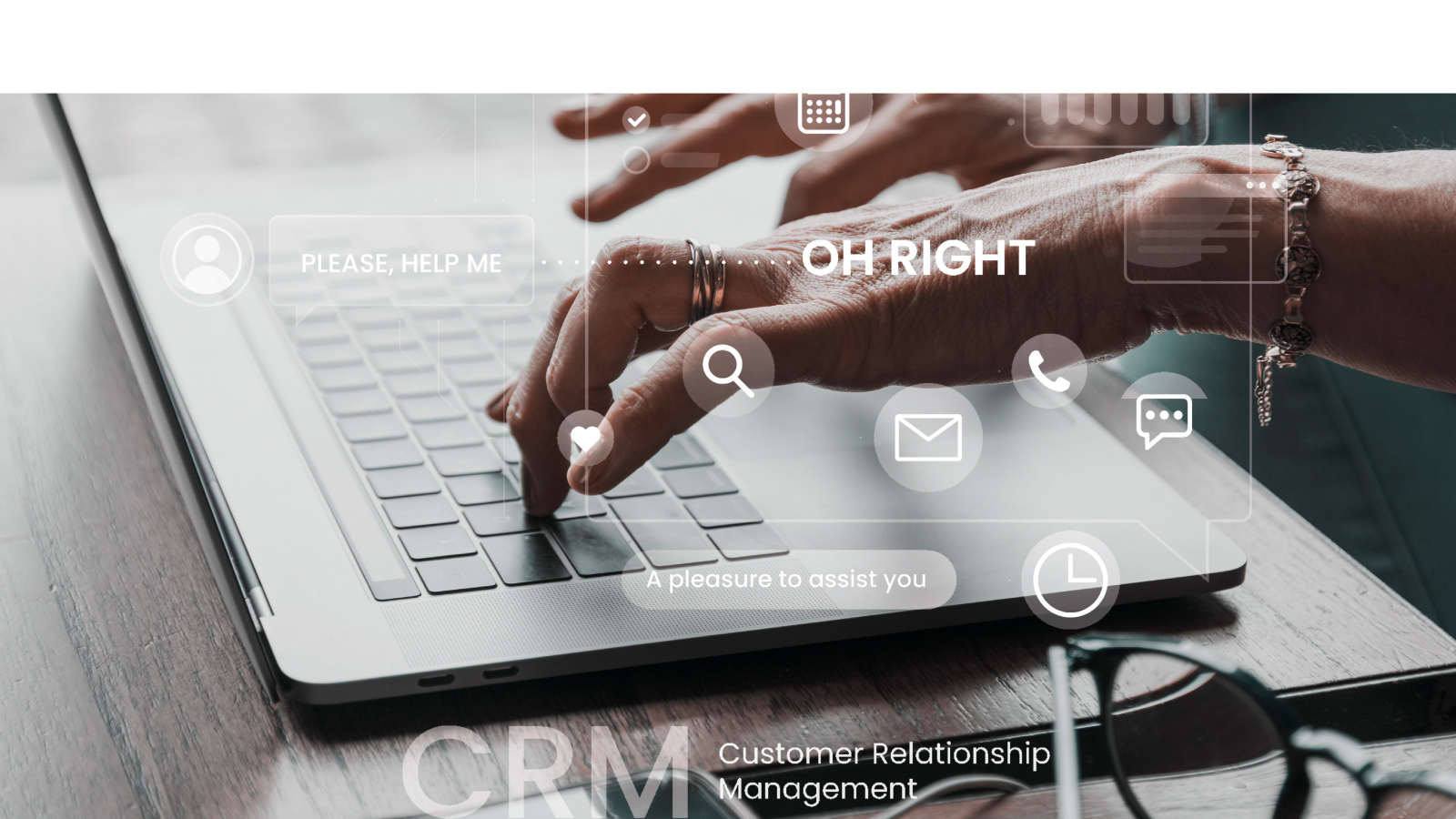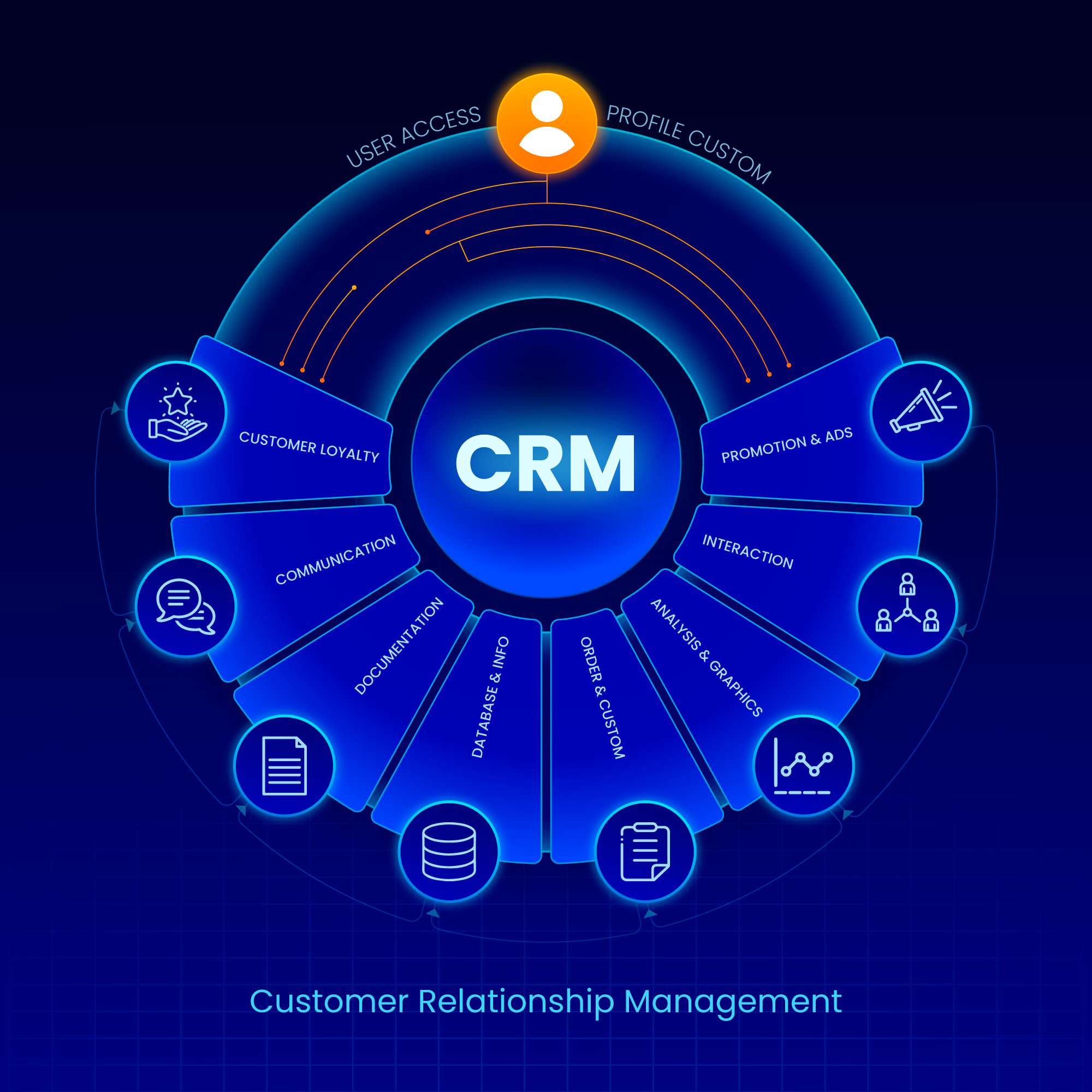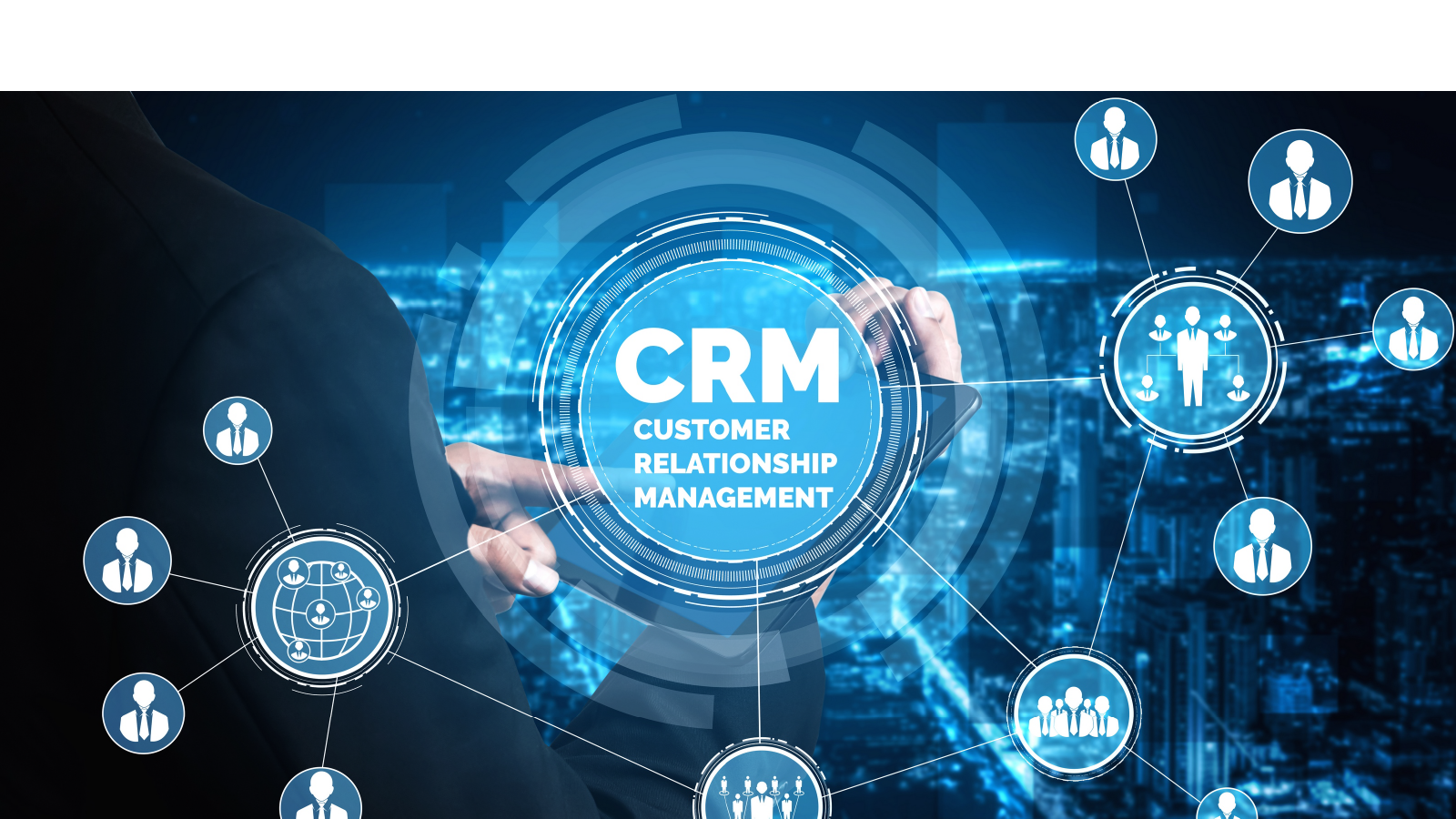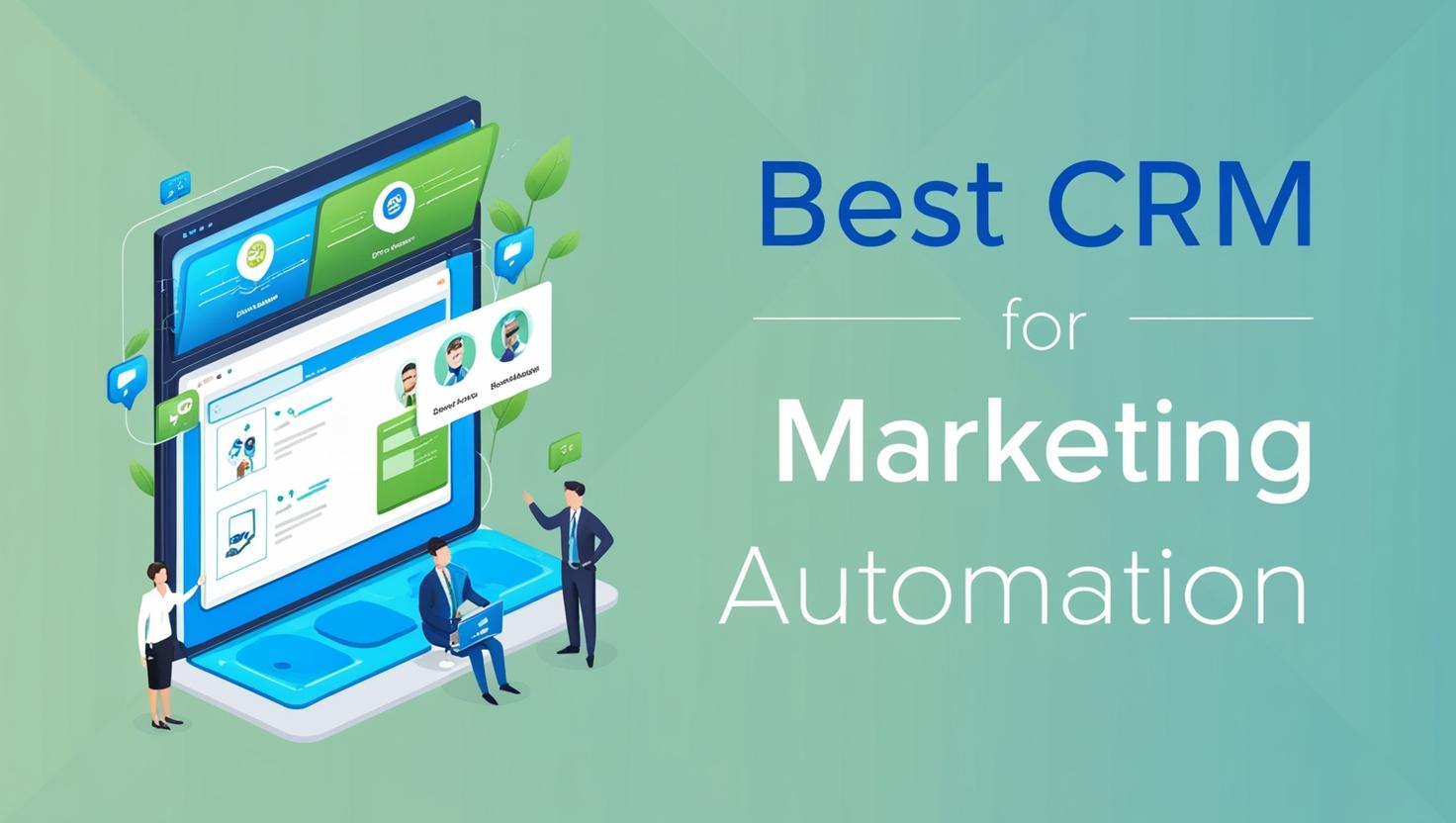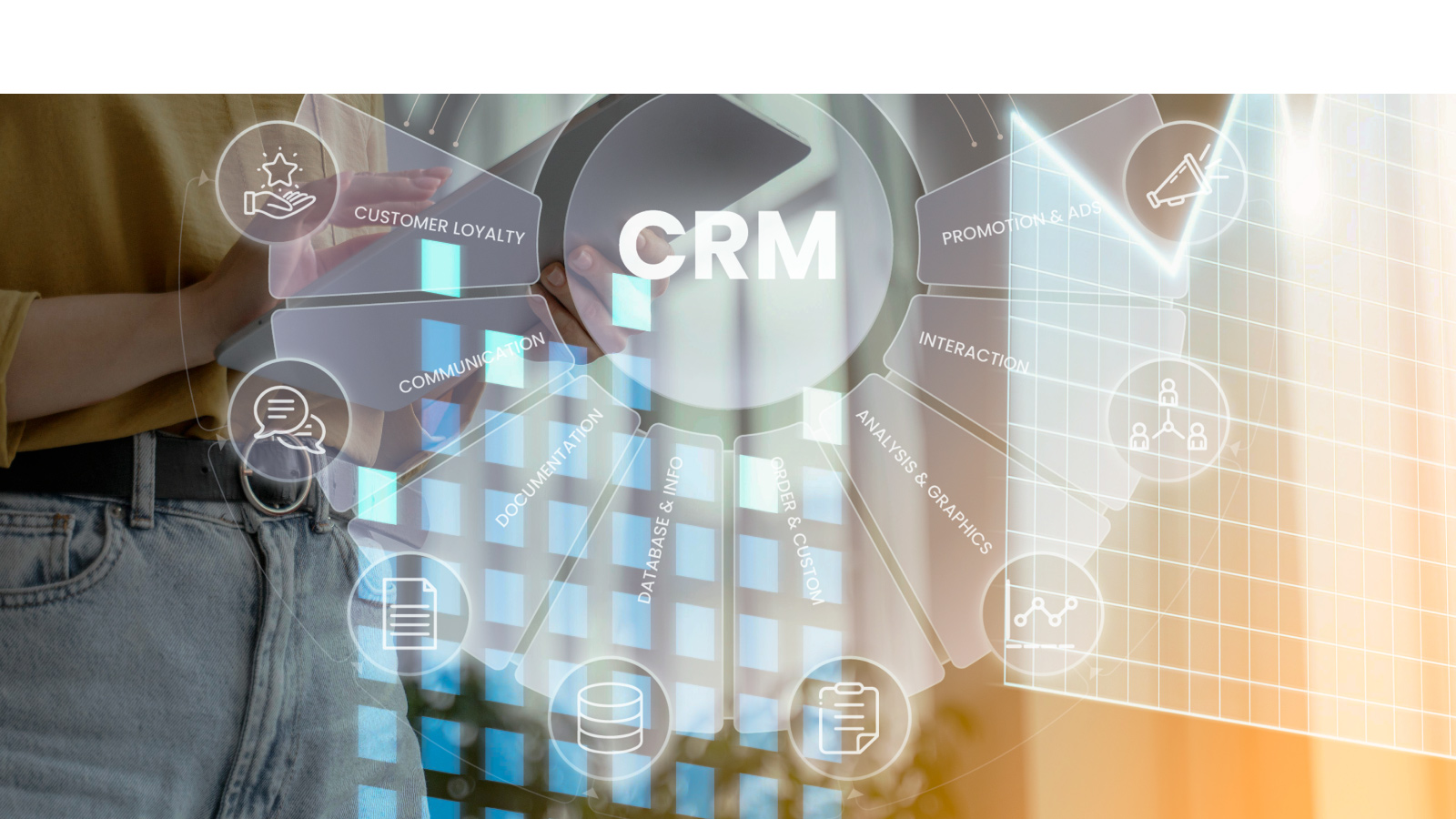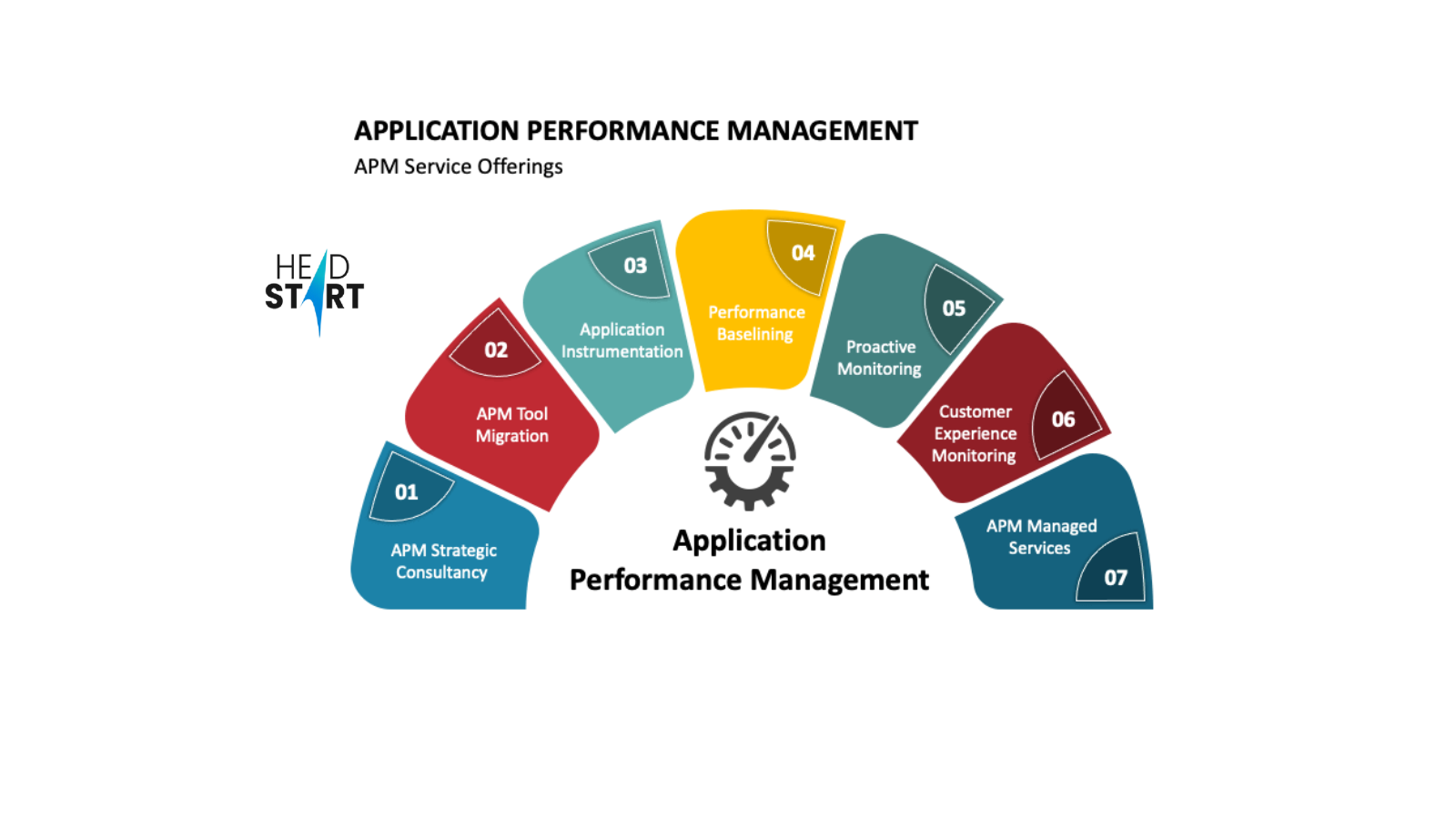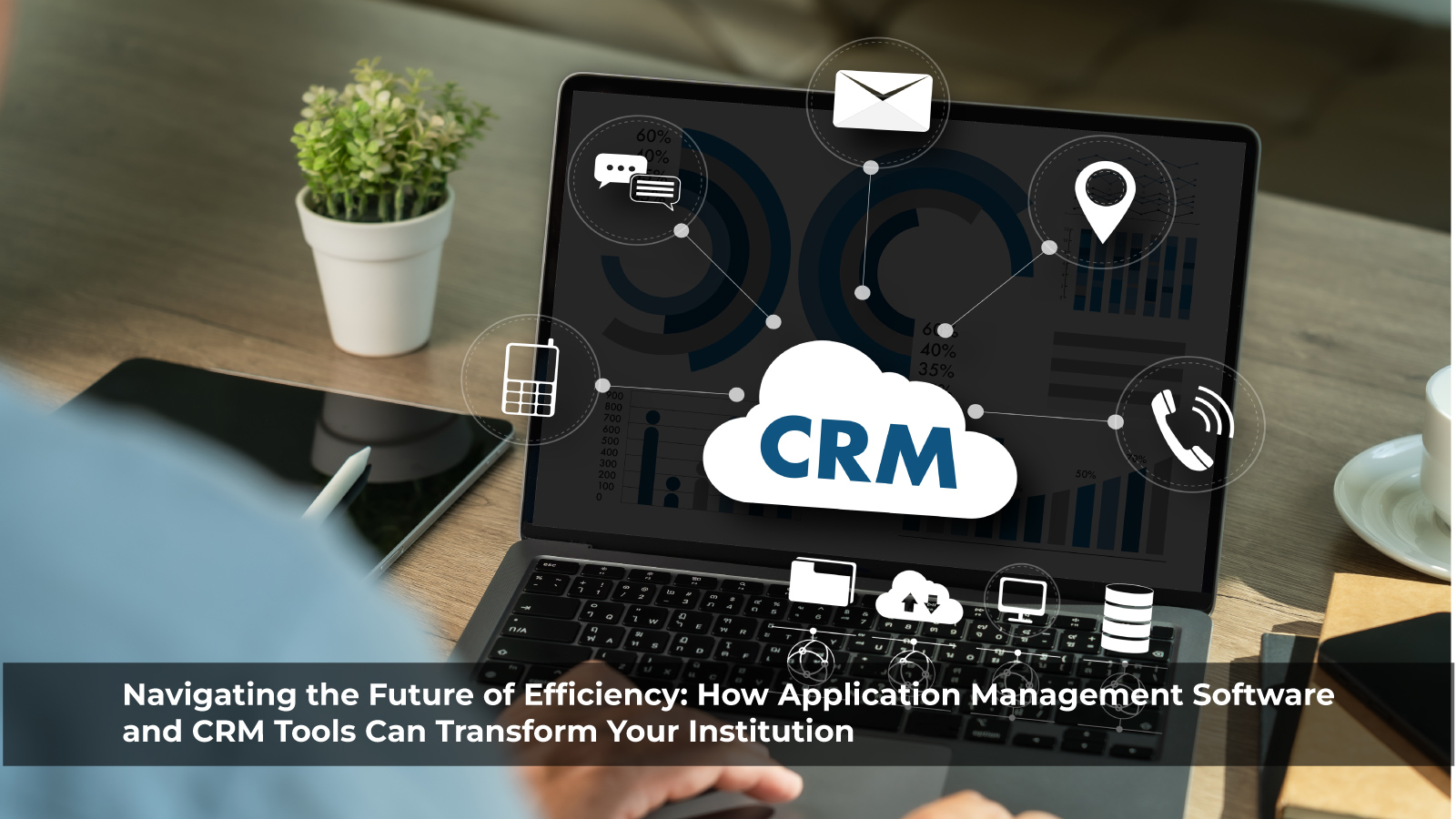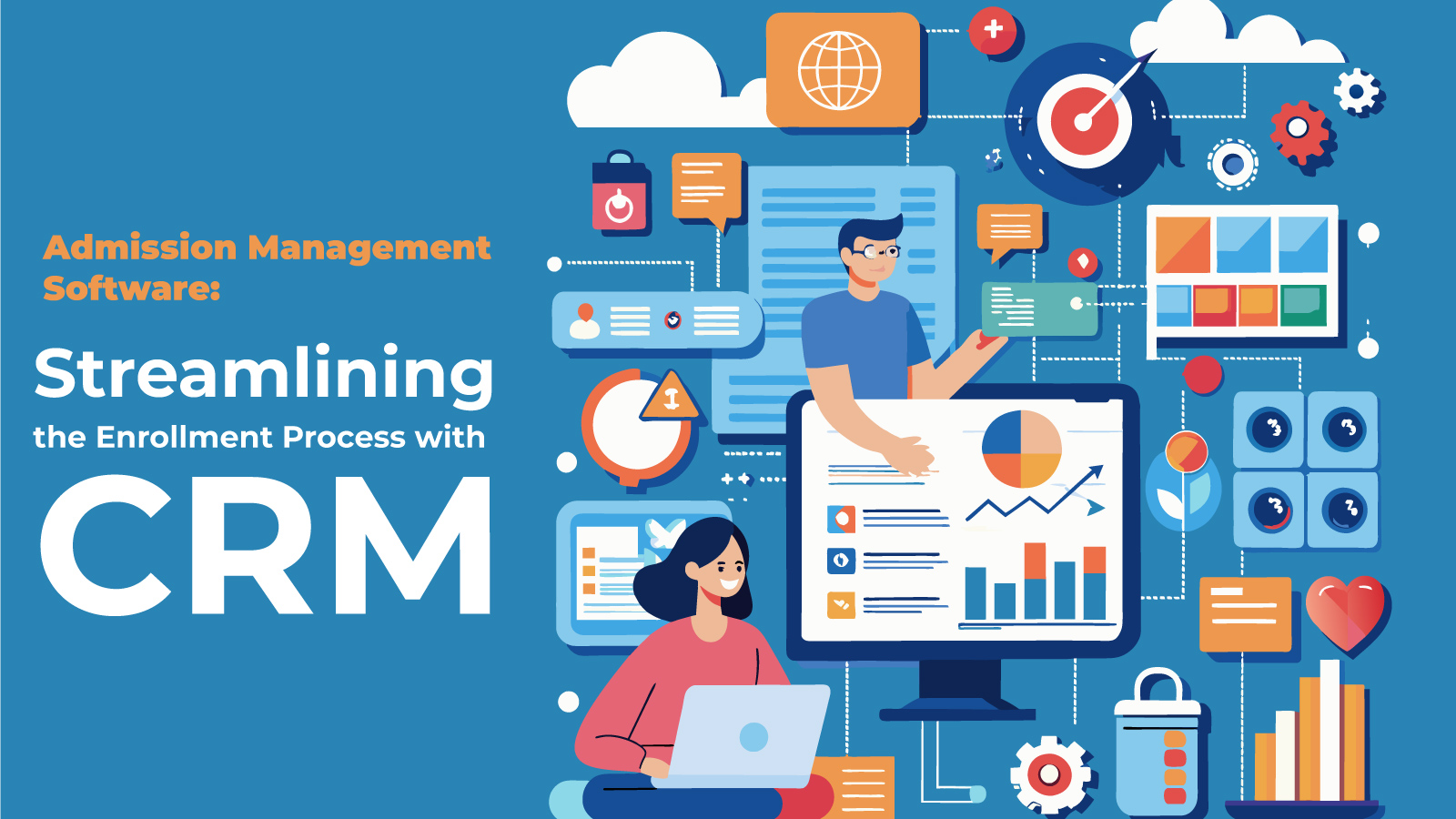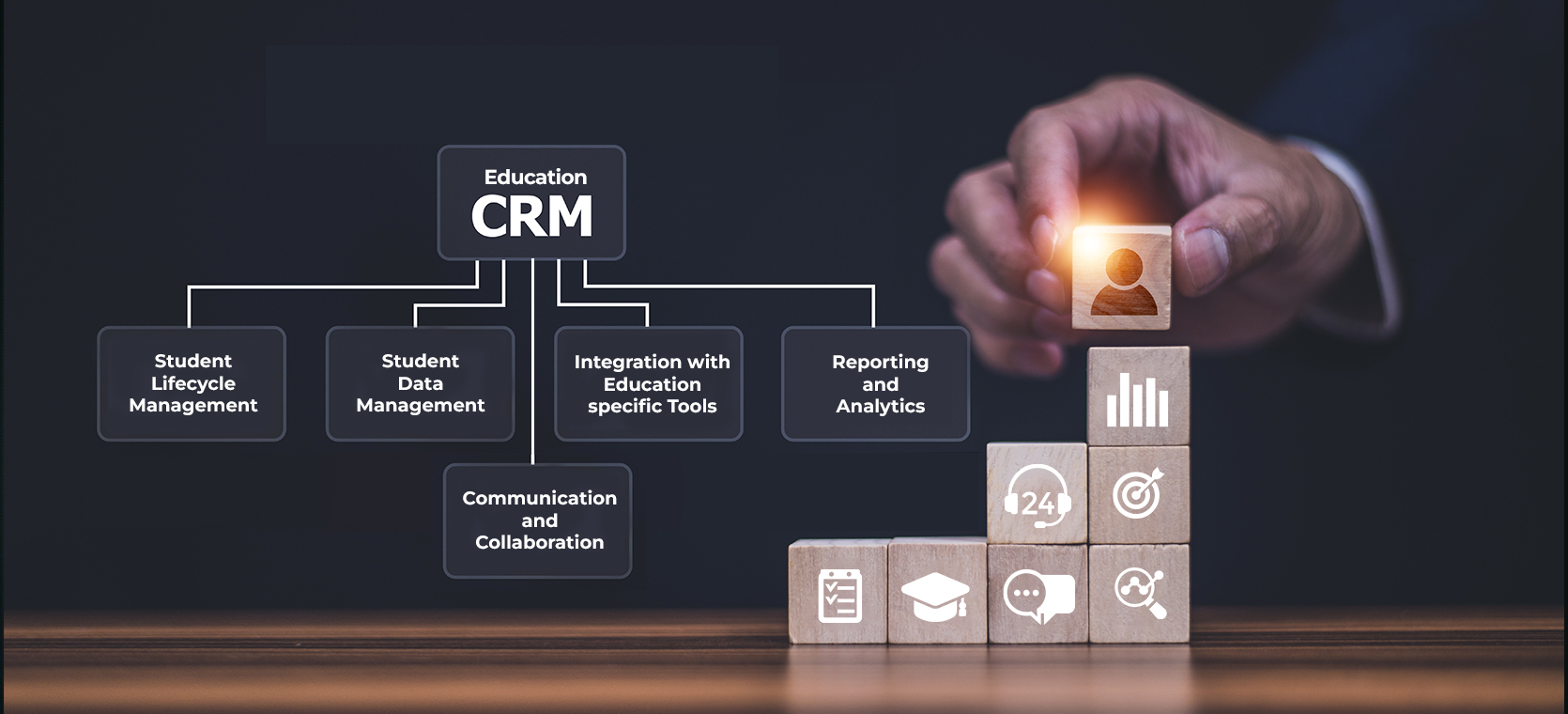Streamlining Business Success with CRM and Lead Management
In the modern world, organisations use CRM and lead management systems to improve their customer acquisition and repurchasing tactics. They help organisations manage leads efficiently and handle pipelines well. However, new competition is expected in this market, and its sustainable development means using technologies like customer lead management software and lead automation tools. In this article, we aim to describe the nature of CRM for leads, its advantages, and how advanced enterprises can use it for development.
What is CRM and Lead Management?
CRM (Customer Relationship Management) is an approach used by companies that use technology to manage and analyse customer communications and information across the customer life cycle. Lead management, however, is the strategic approach to identifying leads, monitoring their activities, and qualifying them for customers.
With an effective CRM lead management system in place, it becomes easier for businesses to maintain proper interaction leads tracking and provide a customised lead nurturing approach that leads to the conversion of leads into sales.
Key Features of CRM and Lead Management Systems
Contemporary CRM lead management systems are delivered with the functionality to make handling leads easier and more effective. Some of the essential functionalities include:
- Lead Capture and Tracking: Some features include – Lead Gathering, which you can do automatically from websites, social media, and even your email marketing list.
- Segmentation and Scoring: Leads should be sorted according to behaviour, interests, and all other factors that indicate that a particular lead is valuable. It facilitates a focus on high-potential clients and provides an easy method of sorting out the accounts.
- Automation Tools: Manage leads for email follow-ups and campaign leads using auto-assignment and track campaigns for increased team productivity.
- Analytics and Reporting: This information creates a guide to understanding how leads are behaving, the conversion rates, and the general performance of the campaign.
- Integration with Marketing Tools: Easy integration with the other solutions, such as the ability to link email marketing and social media, among others, for the purpose of campaign integration.
Benefits of Using CRM and Lead Management Systems
The adoption of customer lead management software offers several advantages for businesses:
- Enhanced Lead Tracking
A CRM for leads helps businesses track the life cycle of a lead, from generating an interest to converting him or her into a client. This means no opportunity is missed, and the communication process can be personalised.
- Improved Customer Engagement
Knowing lead actions means that the business can interact and communicate with the prospects correctly, allowing for more consumer trust.
- Efficient Workflow Automation
Lead automation tools reduce the amount of time which would otherwise be spent on activities such as data entry and follow-up scheduling by directing the focus on strategic activities such as planning and business development.
- Increased Sales and Revenue
When properly managed, lead bets can be described as an effective way of enhancing the conversion ratio of a business and, consequently, the overall sales.
- Data-Driven Decision Making
By using proper CRM lead management systems, firms can get the right tools for proper analytics – identifying what leads to success and failure.
Best Practices for CRM and Lead Management
To maximise the potential of CRM and lead management, businesses should adopt the following practices:
1. Define Your Target Audience
Unless you know who your target or intended customers are, you are likely to struggle in the market. It makes sense because your efforts are focused on the right market segment, thus bringing the desired outcome.
2. Prioritise Lead Quality Over Quantity
These prospects are better off targeted in comparison to a high quantity of unqualified leads, which are likely to generate poor results.
3. Automate Where Possible
Utilise lead automation tools to deal with administrative routines and always stay connected. Automatic controls reduce the chances of human intervention and increase overall productivity.
4. Align Sales and Marketing Teams
Effective lead management requires close collaboration between sales and marketing teams. Ensure both departments collaborate to create a cohesive approach to lead nurturing and conversion.
5. Regularly Update and Cleanse Data
Using old and wrong data is the main reason the decision-making process is wrong. It is important to update your CRM databases to get the right information.
Headstart: Your CRM Solution
Headstart offers various innovative services designed to streamline and enhance operations for educational institutions. Their offerings include comprehensive lead management systems that capture leads from multiple sources, automate assignments, and track progress efficiently. The platform integrates advanced marketing automation tools, enabling institutions to personalise communication, automate tasks, and engage prospects effectively.
Additional services like admissions management facilitate end-to-end processes, including merit list generation, exam management, and fee payment systems, ensuring seamless enrollment experiences. Headstart also provides robust analytics tools for detailed reporting and performance tracking, helping institutions make data-driven decisions. Their solutions emphasise flexibility, offering customisable forms, integrations, and user-friendly interfaces to meet unique institutional needs.
To Wrap It Up
Investing in a reliable CRM and lead management system is now optional for businesses aiming to stay ahead in a competitive market. By leveraging customer lead management software and lead automation tools, companies can streamline their processes, improve customer engagement, and boost sales.
Whether you’re a small business or an enterprise, choosing the right tactics and tools can revolutionise the company’s approach to lead management and lay the foundation for business growth. Focusing on quality and efficient CRM system usage, along with relying on data analytics, can help businesses gain outstanding results.


Let's Start
Contact UsWe empower education institutions with a comprehensive enrollment and student relationship management platform. With our expertise and experience in education and technology, we revolutionise operations and provide the necessary tools to thrive in a dynamic landscape.


